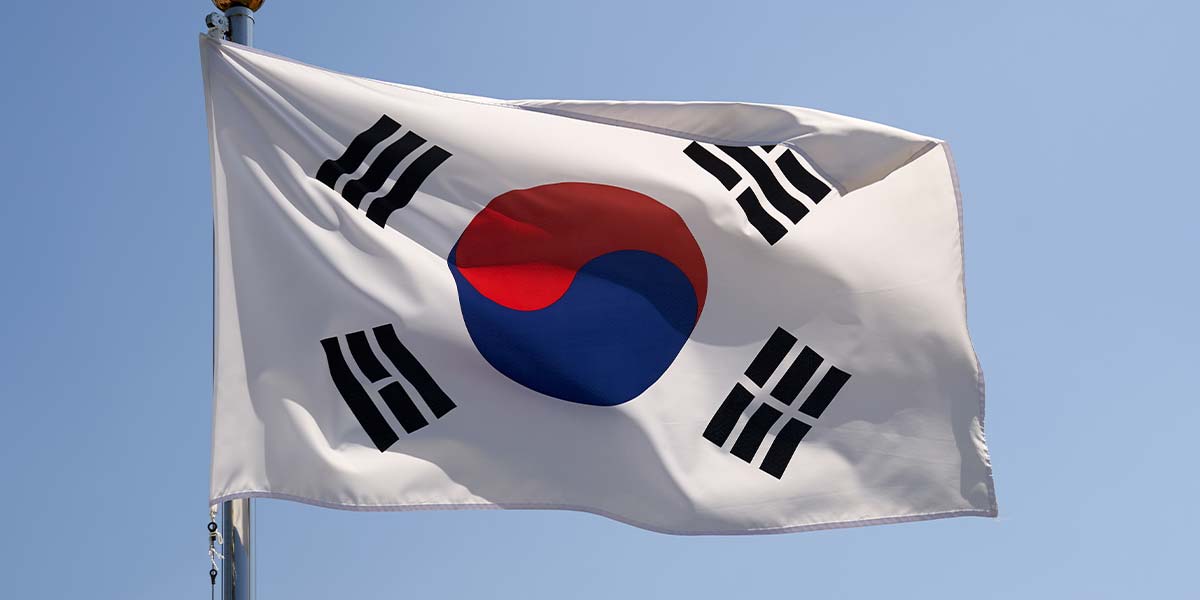South Korea’s liberal candidate Lee Jae-myung has emerged victorious in the nation’s snap presidential election held on Tuesday—exactly six months after the announced martial law by the now-removed president, Yoon Suk Yeol.
Lee’s ascent to the presidency is poised to mark a profound shift in the political fabric of Asia’s fourth-largest economy, following widespread public outrage that toppled former conservative President Yoon Suk Yeol. Yoon, an independent candidate in the 2022 election, narrowly edged out Lee three years ago but was ousted in the wake of the martial law crisis.
Voter participation surged to nearly 80% of South Korea’s 44.39 million eligible electorate, registering the highest presidential election turnout since 1997. Labeling the election “judgment day” for Yoon’s failed martial law gambit and the ruling People Power Party’s inability to distance itself from the move, Lee claimed a sweeping mandate.
With over 99% of ballots tallied, data from the National Election Commission showed Lee of the Democratic Party commanding 49.3% of the vote, well ahead of rival Kim Moon-soo of the People Power Party, who secured 41.3%. Lee, widely considered the frontrunner by political analysts and opinion polls alike.
Addressing a jubilant crowd gathered outside the National Assembly after polls closed, Lee pledged to serve as a unifying force for the country. He committed to invigorating South Korea’s economy and advancing inter-Korean relations, promising to pursue both diplomacy and security to achieve peace with North Korea.
Meanwhile, the White House issued a statement recognizing the legitimacy and fairness of the South Korean election but voiced concern over possible Chinese efforts to influence the poll. Although the U.S. official stopped short of linking the interference directly to the vote outcome and offered no specifics, the comment reflects increasing scrutiny as some American conservatives have targeted Lee over his stance emphasizing balanced relations between Washington and Beijing.




